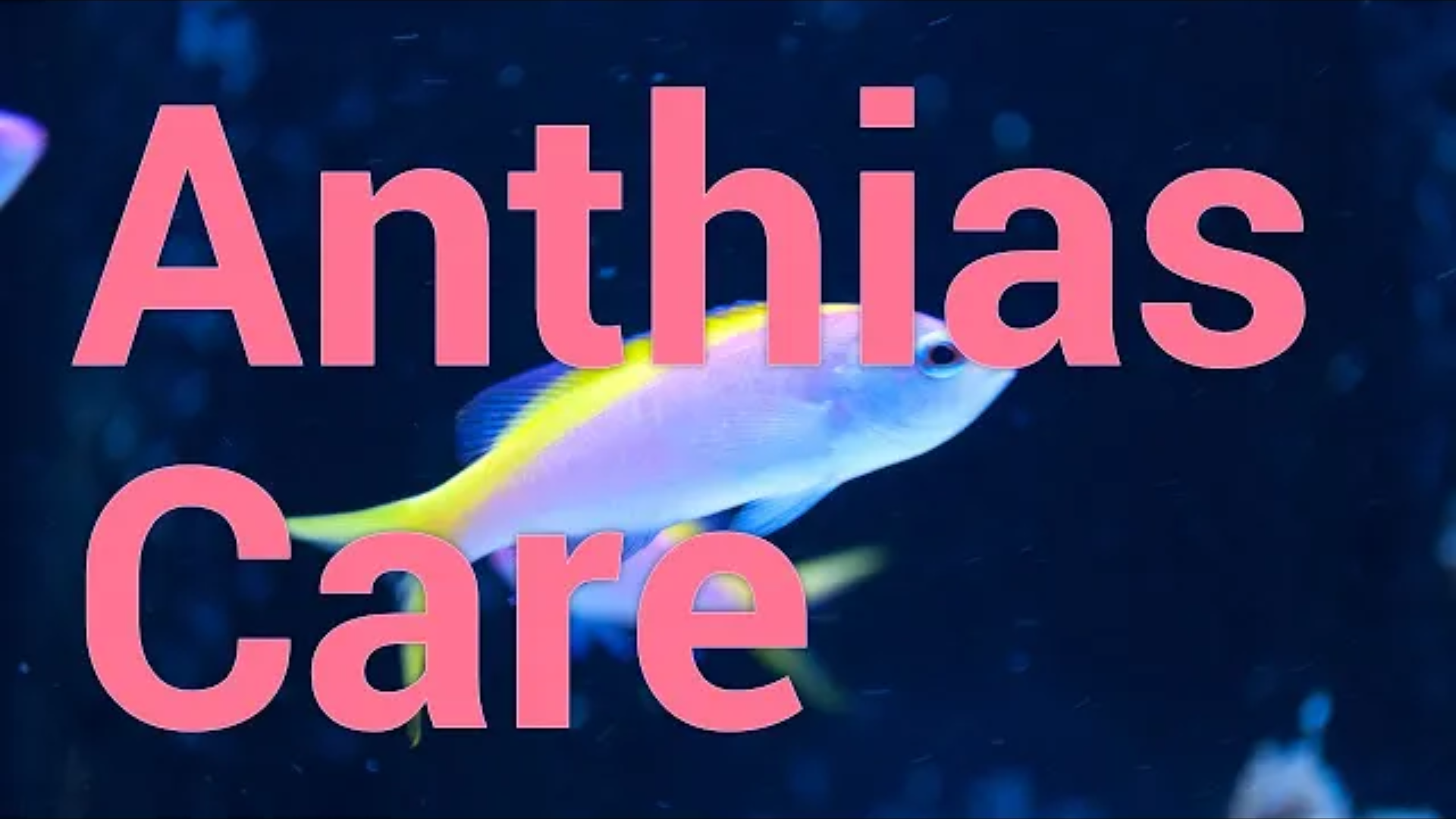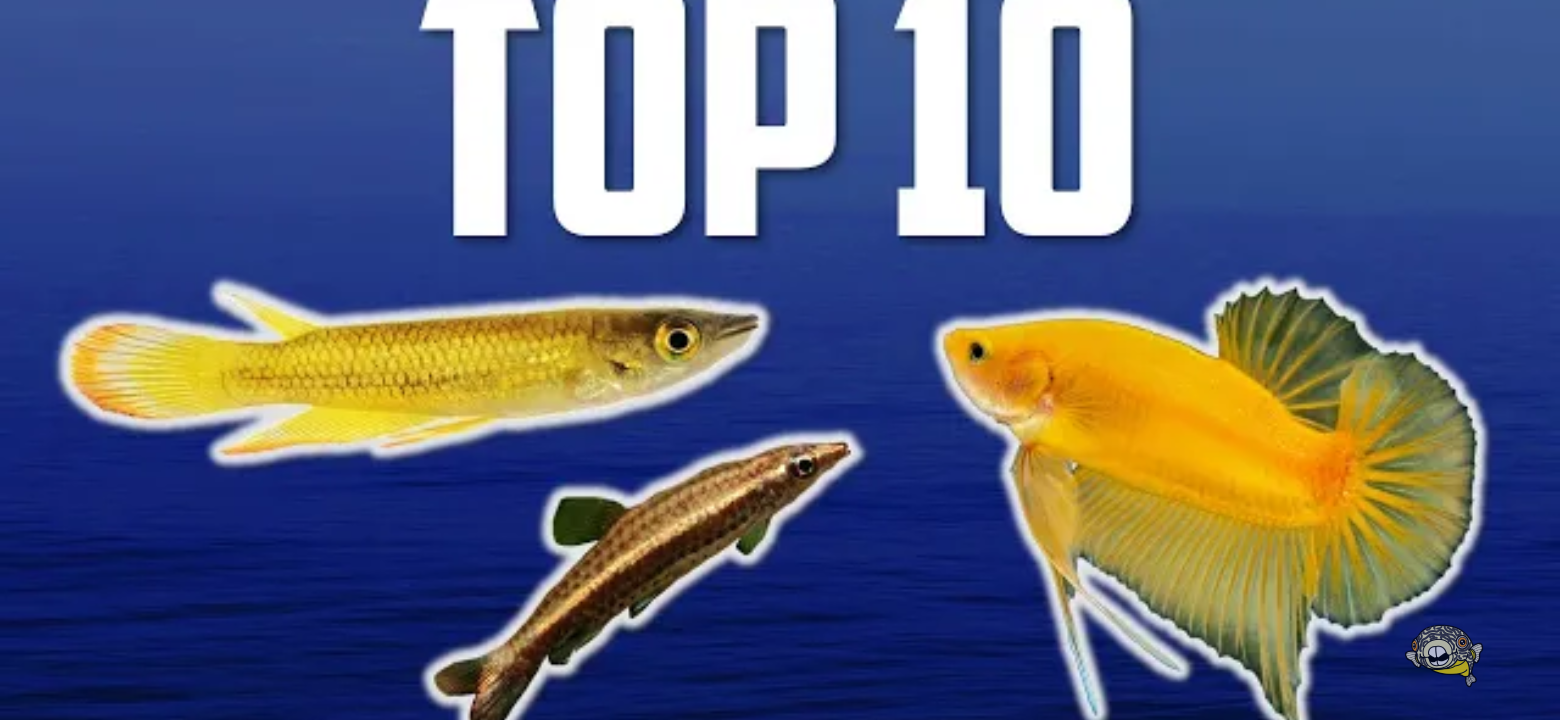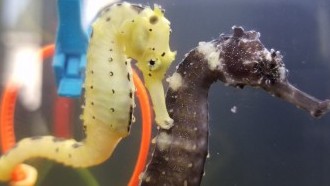What to Expect from Reef Science in 2022?
- Dec 29, 2021
- Anshika Mishra
- 183 0 0

Marine biology and reef science are an intricate part of our reef tanks. The complex interaction of chemistry, physics, biology, and even geology is credibly interesting.
When you look at the fishes and corals in your aquarium, you will realize that there is so much more going on than what just meets your eyes. As aquarists, we share our knowledge with each other over numerous platforms. We share what works and what goes wrong, and we all can learn from each other that way.
However, reef science is not always visible to us. For example, we know that it will die if we take a coral and keep it in a dim incandescent tank with just any old light bulb. But, why?
We can observe that fact, but just by looking at it doesn't even begin to tell us that entire picture. So this is where scientific papers come in.
Since we don't have home laboratories where we can explore genetic proteins and cellular processes, we must rely on papers where we can look at the world of marine biology.
There are thousands of people all over the world, who have devoted their lives to better understanding what makes coral reefs one of the most biologically diverse habitats on earth. So, what sort of things can we expect more of in 2022?
Worsening Condition of Oceans
The World's oceans are generally in trouble. They are getting warmer, acidic, overfishing, and it is all very gloom and doom. A lot of the ongoing research is around answering questions about how we can control, if not reverse, those same things.
We can now pretty regularly breed Acropora and those types of corals in labs. We don't do that as a hobby, but we should. In the lab, this is interesting because one of the research areas around repopulating bleached corals reef with new lab-grown corals.
Repopulating Corals
We will need a lot of coral to repopulate an entire reef, so spawning and then raising the resulting larva efficiently is important. Obviously, that has implications for use as hobbyists as well. So it is only a matter of time before one of us sets up the hobby's very first hobbyist coral spawning system.
Another related avenue of research is along the line of growing coral in captivity. But, will they die from the same things that were hurting them when we put them back into the wild. Now, what if we can grow more environmentally tolerant corals back into the ocean.
For instance, we know some of the genetics that controls an Acropora coral's ability to survive a heatwave. So, maybe we can genetically engineer the coral in our lab to better express those genes and survive ocean heatwaves.
The majority of hobbyists can't do this sort of research. We don't have the right equipment to do it. So, we rely on people who do. Those scientists publish papers for us to learn from.
The Future of Corals
Our hobby holds a wealth of corals. A veritable library of species, and some people are actually working on using the reef tank hobby and public aquarium as sort of an arc for corals and fish. But, unfortunately, our tanks are protected against the warming and acidifying oceans, and in one day not long from today, the corals and fish commonly kept in our tank might be extinct in the wild.
Coral isn't the only thing getting researched but also fish. Sometimes, we may one day need to be able to breed Anthias, Butterflyfish, Tangs, Gobies, and more in captivity to re-seed wild reefs. After all, a coral reef is much more than just corals.
Published papers on captive breeding successes can lead to the same in our hobbies. You just need to take the first step and do it often. The hardest part of breeding a fish is feeding the newborn fry.
A paper on species would lay out what to feed them and how to grow and raise that food because it often needs to be phytoplankton or live food.
More Research on its Way
There will likely be more research about what corals eat as well. Corals get a lot of energy and nutrients from symbiotic dinoflagellates that live within their tissues get energy from the sun, but that is not the full story. They need to eat too, but what?
That is an area of active research as well, which could change our hobby for the better. The holy grail for researchers in this area is a shelf-stable dry food that Acropora and the like will reliably eat and which will provide good nutrition to the corals.
Research on probiotics can also be expected, along with some probiotic commercial lines that we can use in our tanks. Microbiologists are already using probiotic mixtures to cure diseases and promote heat tolerance. But, we are not yet sure of the best way to get the bacteria to the coral.
We expect more information on the above topic to come out in 2022. Then, maybe, about things we have might not even think of!






About author